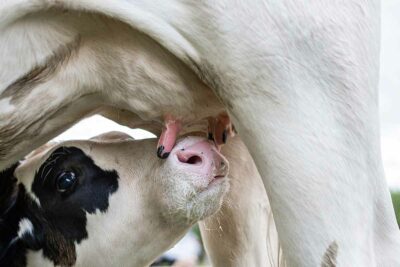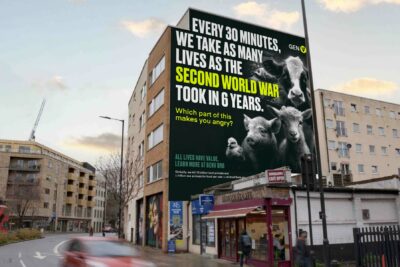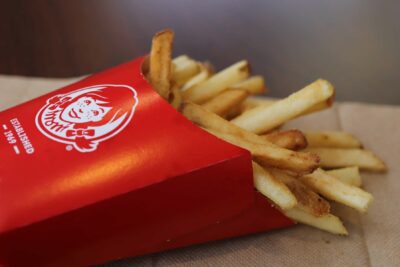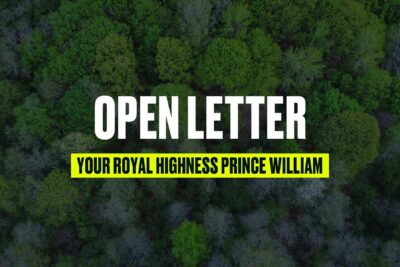Warning: contains upsetting information and still images
It’s a simple question, and one which most of us could answer in three words or fewer because we either love cheese, or we don’t, right? But this is not as simple a question as it might appear because within it, there are many more difficult questions to consider, such as: do we love cheese more than we want to protect animals from the slaughterhouse? And do we love cheese more than we want to protect our planet? So you see, how much we love cheese is actually a tricky question after all.
But I Really Love Cheese
There is a global community of fanatical cheese lovers. These are people who would gladly abandon a chef-cooked meal in favor of a simple cheese board. They might base their European travels around where specific cheeses are made, and there are even people — like British TV presenter Jasmine Harman — who have a cheese-themed wedding. Those who love cheese really love cheese, and loudly pronounce that they could never give it up. But we don’t believe such a declaration is ever set in stone, as Jasmine herself can tell you. When she found out how her beloved cheese was produced, she changed her mind. She kept the man she married at her cheesy wedding, but she ditched the dairy. And this is why.
Cheese Means Separating Mother From Baby
The main ingredient of cheese is milk, and that milk is taken from cows. In order to produce milk, each cow must first be made pregnant. Only then will her body produce the food her calf needs to survive and grow. But, the dairy industry does not allow mothers to feed their young. What a waste of profitable milk that would be! Instead, the calves are taken away within hours of birth and reared in hutches in isolation. Every baby needs their mom but the dairy industry breaks this most precious bond, causing distress to both. And so we ask the question: do we love cheese enough to put animals through this?
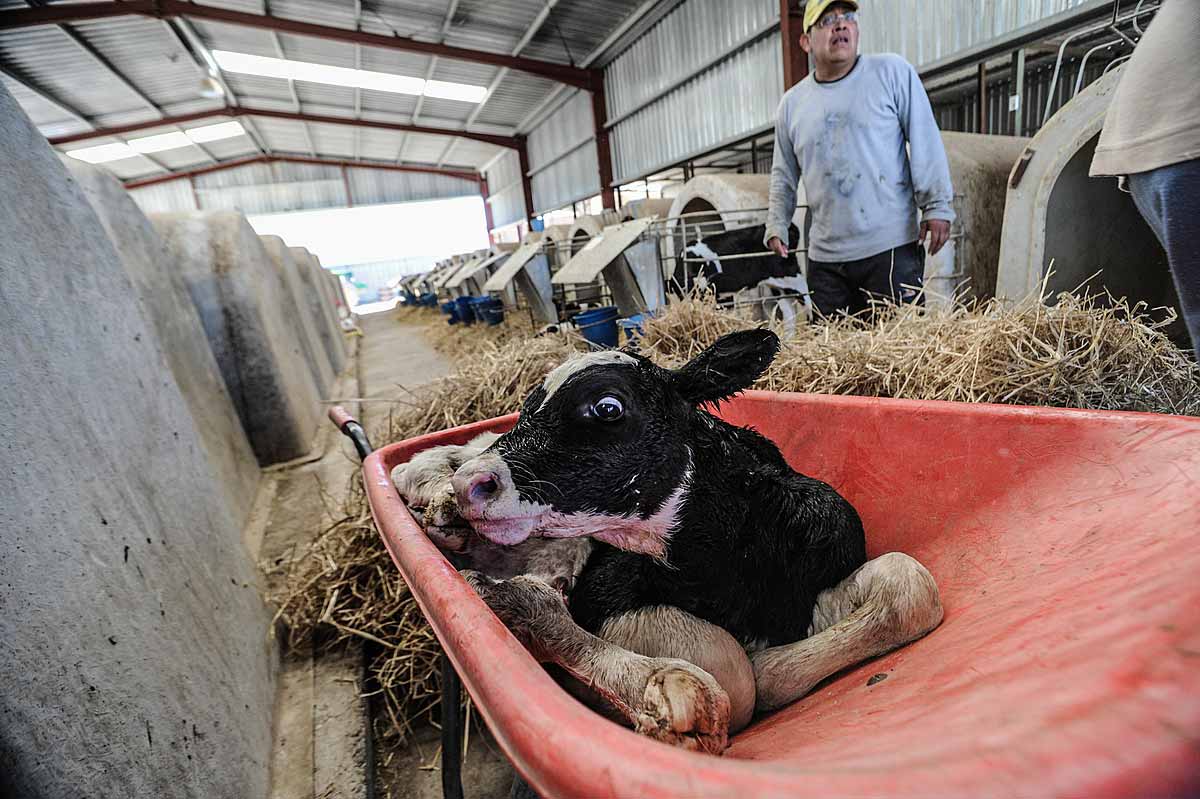
Cheese Means Supporting the Veal Industry
The dairy industry is big business, valued at $893 billion. So, that prettily packaged artisanal cheese which looks so wholesome is just a highly marketed part of an industrial global trade. And in the cut-and-thrust of money-making, there can be no waste of resources. Because that is what these tiny calves are seen as; mere commodities. The dairy industry never really wanted the calves, it just wanted their milk, but by selling those tiny babies to the veal trade it could maximize its profits. Veal calves are dairy calves, and the veal trade can only exist because people love cheese. So here is another question: is cheese worth doing this to a baby?
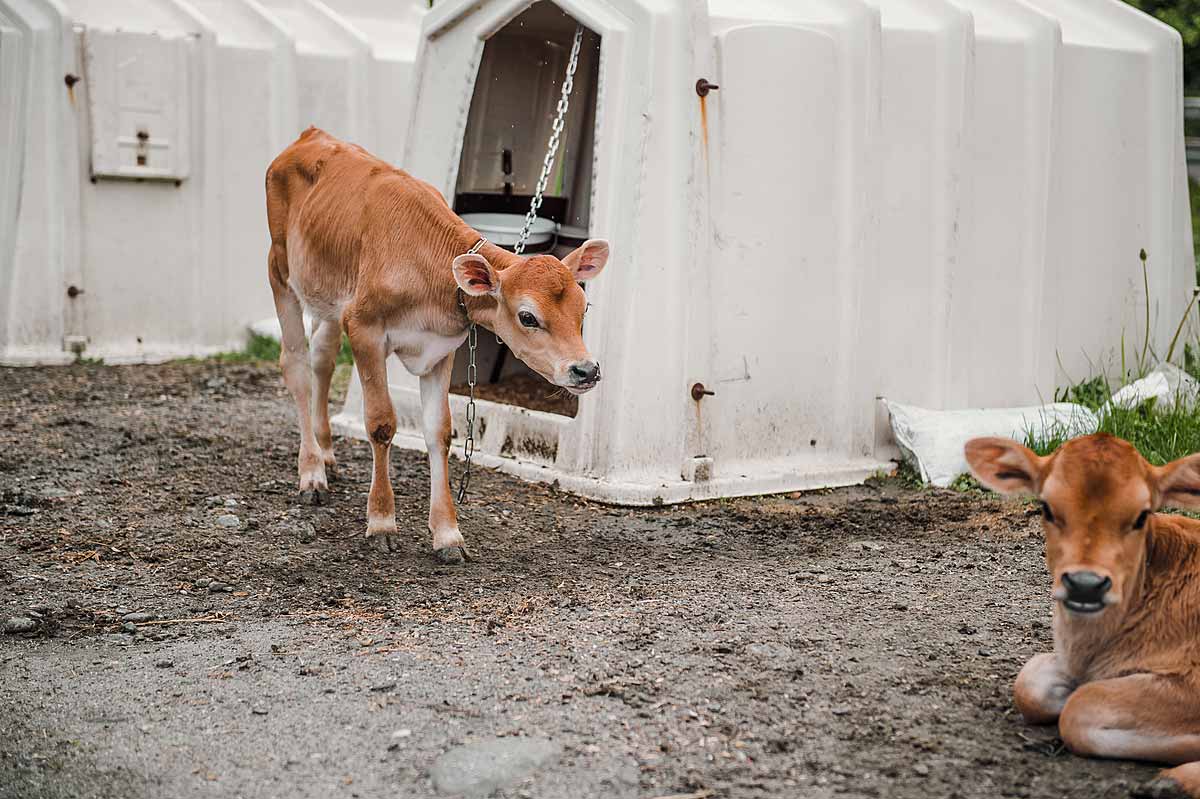
Cheese Means Animal Suffering
Dairy farming is not about animals living an idyllic life and then having one bad day when mother and calf are separated. Every day is a bad day for cows forced to live on dairy farms.
Given the chance, cows would roam and graze on grasslands, find a comfy place to sleep, and would run and frolic in the spring sunshine. They would find a safe place to give birth, and nurture and protect their young. But the industrialization of the dairy industry means none of this is possible. Cows are increasingly locked inside industrial zero-grazing units while forage and imported feeds are brought to them. The hard floor hurts their feet, causing laminitis and lameness. The repeated milking causes a painful inflammation and infection of the breast tissue that leads to pus being present in the milk that people drink. The mother cows endure forced pregnancies over and over until their bodies break down and they can no longer be profitably exploited. And if money cannot be made from the calf, he or she is simply shot at birth. Now, we ask ourselves: Do we love cheese enough to look the other way when this happens?
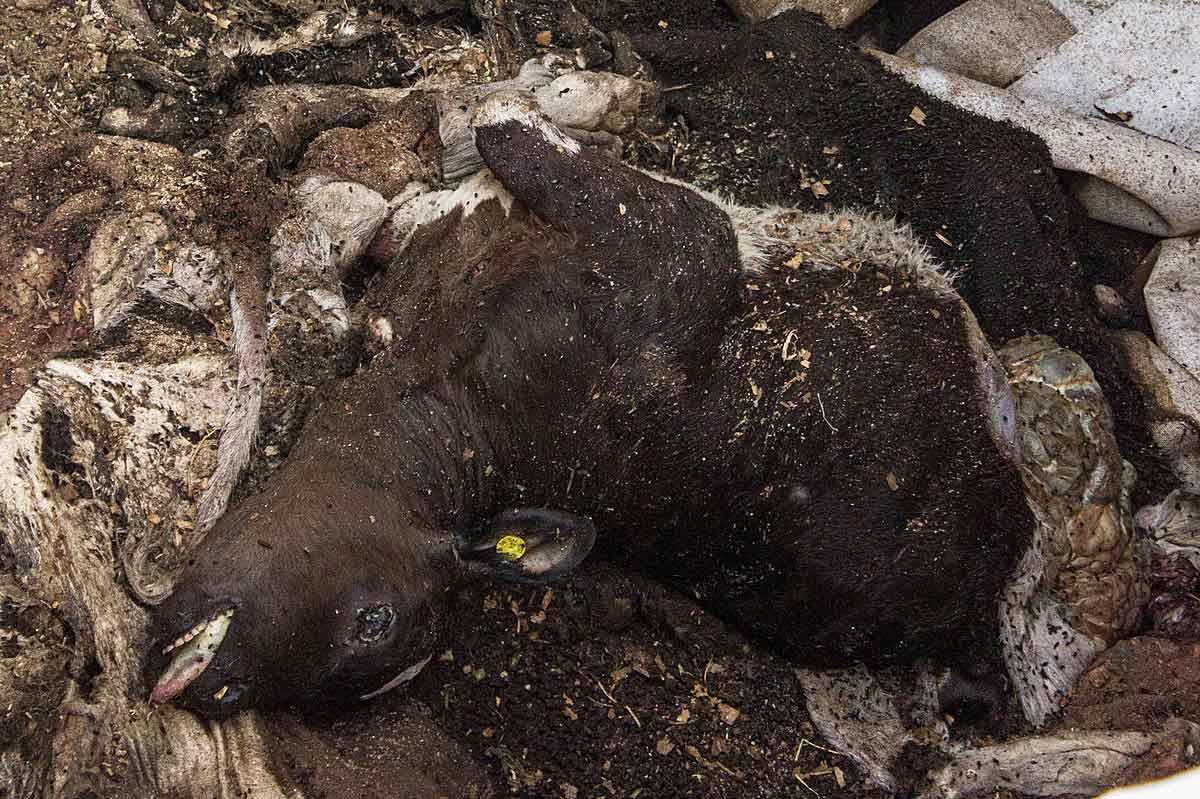
The Cheese Industry Is the Meat Industry
Remember what we said about the industry not wasting any opportunity to make money? Well, that includes monetizing the body of the mother. Cows’ pregnancies last around nine months, the same as humans’. But unlike humans, cows are not able to recuperate between pregnancies. Money is only made when each cow is producing milk, so they are artificially impregnated over and over until their bodies can take no more. Most of us would feel pity for these poor mothers, exhausted and grieving the loss of their young. But the dairy industry sees there is still some flesh on their bones, and sends them to be slaughtered and rendered for meat. Is cheese worth this?
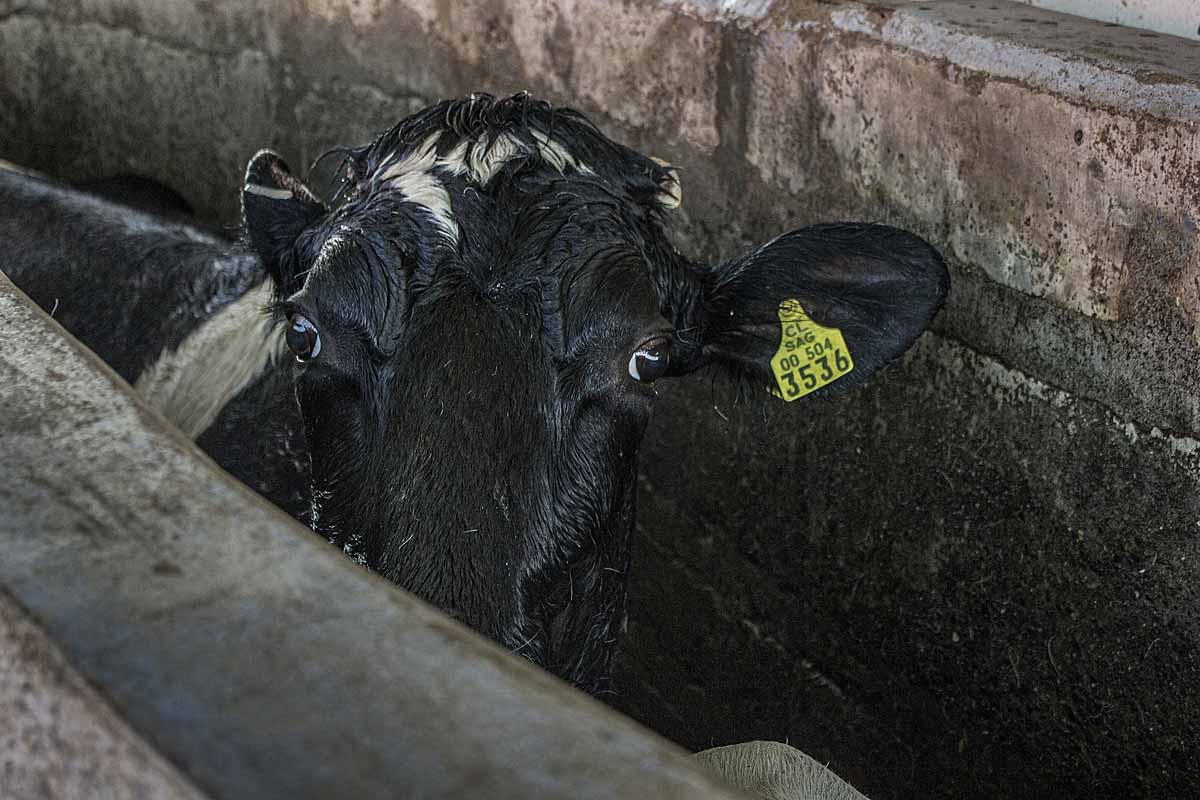
Cheese Is Climate Breakdown
When we think of the worst foods for the planet, we tend to think of beef, but what do beef and cheese have in common? That’s right. Cows. And cows emit a huge amount of methane, which makes cheese one of the very worst foods for our climate, with only beef, lamb, and farmed prawns causing more damage. Kilo for kilo, cheese is a whopping 7.5 times worse for the climate than tofu.
Our food choices are driving crisis after environmental crisis. Floods, storms, and forest fires harm people and destroy the homes of wild animals. Is cheese worth wild animals losing their homes — and their lives — in forest fires?
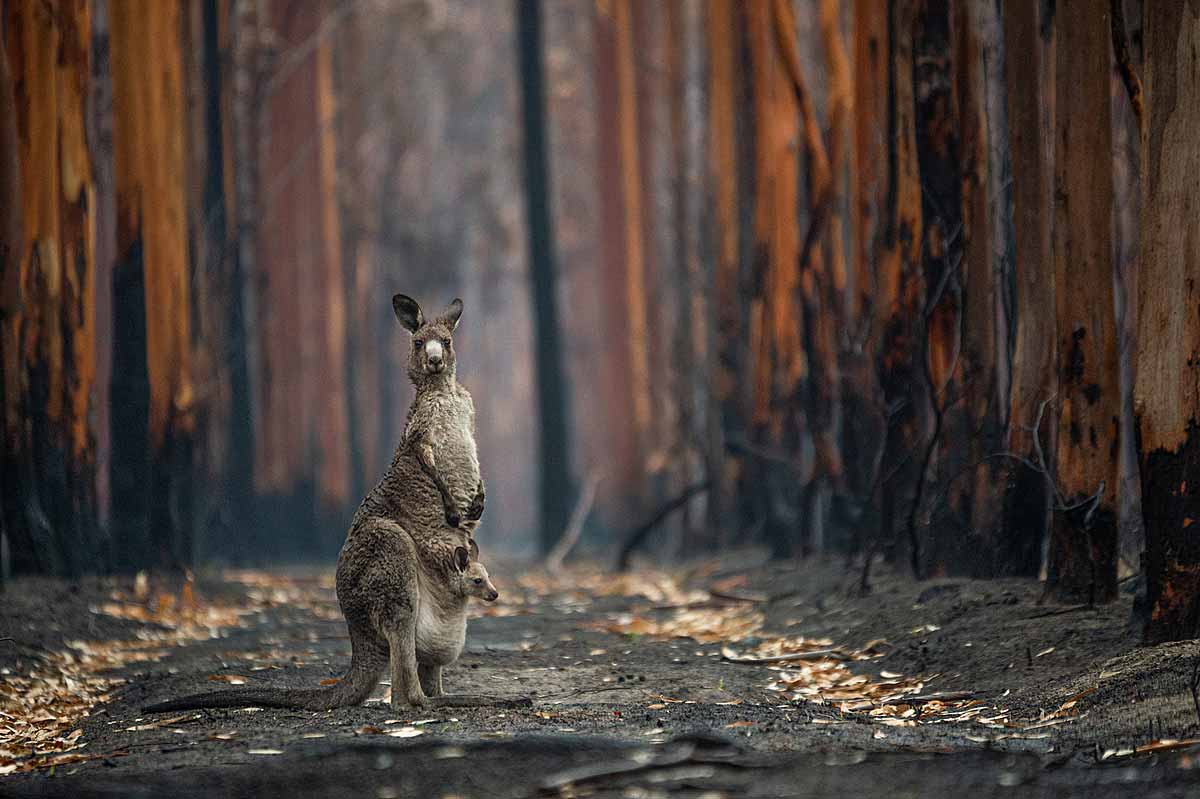
I Could Never Give Up Cheese
Giving up something you love is hard to do, so instead give up something you despise. Give up your support of the dairy industry that separates babies from their moms and steals their milk. Give up funding the slaughter industry that cuts the throats of cows and their calves to wring every last cent from their bodies. Give up your support of an industry that drives climate breakdown through the vast amounts of emissions it produces.
When we give up these things, and turn instead to plant-based cheeses and the wealth of other delicious flavors available to us, we lose nothing at all. We only gain.
